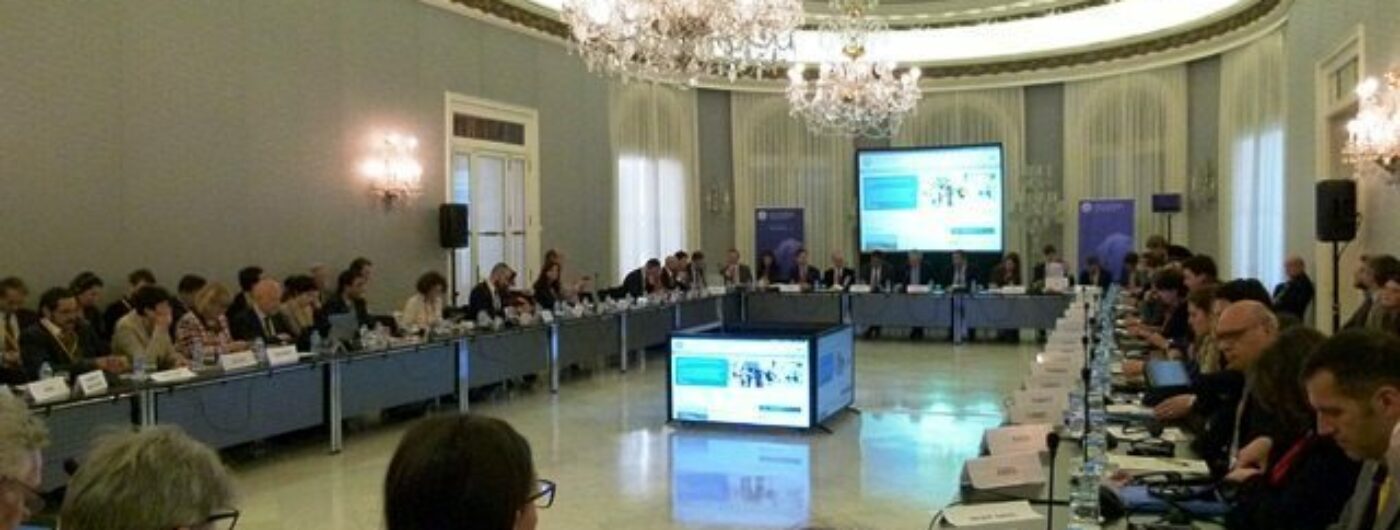
Environment & Climate Week in Barcelona: UfM Working Groups meet to take action against climate and environmental change in the Mediterranean
Barcelona, 14 March 2017. The UfM Working Group on Environment and Climate Change will meet on 14-15 March to review the progress made in the implementation of the UfM Ministerial Declaration on Environment and Climate Change adopted in May 2014 in Athens. Discussions will focus on the topics prioritised by the Declaration, namely depollution and pollution prevention, including the H2020 initiative for a Cleaner Mediterranean, sustainable consumption and production, climate change, as well as marine protected areas, avifauna, eco-cities, integrated maritime policy/blue economy and education for sustainable development. Emerging initiatives of interest and potential integration in the regional agenda will also be addressed.
Additionally, the meeting will set the path towards the post 2020 UfM agenda to take action against the upcoming environmental and climate-related challenges.
Immediately after, the UfM Climate Change Expert Group, which deals more specifically with the impact of climate change in the region, will meet for the fifth time on 16 March to implement the recommendations issued from the Ministerial Declaration. More concretely, the work undertaken by this group of experts aims to support all UfM Member States in the implementation of the Paris Agreement and to prepare for their nationally determined contributions. The UfM Expert Group will provide an accurate understanding of the regional context and of possible synergies and complementarities among the national policies and measures in the region.
The Mediterranean region is characterised by a unique, rich, yet fragile biodiversity. It is estimated that between 10,000 and 12,000 marine species thrive in the sea. Many of these species are threatened by a range of human activities. Approximately one-third of the Mediterranean population is concentrated along its coastal regions and carbon dioxide (CO2) emissions have increased by a factor of 4 in the last 50 years. The region has been identified as one of the main climate change hotspots due to water scarcity, concentration of economic activities in coastal areas, and reliance on climate-sensitive agriculture. In the Mediterranean, the average temperature has already risen by 1.5ºC compared to pre-industrial levels, which is the recommended limit set by the Paris Agreement.
Yesterday, more than 50 representatives of governments, international organisations and the scientific community met for the first time at the UfM headquarters, to set the ground for the publication of the first ever assessment report on the impact of climate change in the Mediterranean region.

